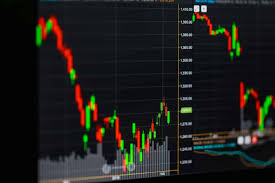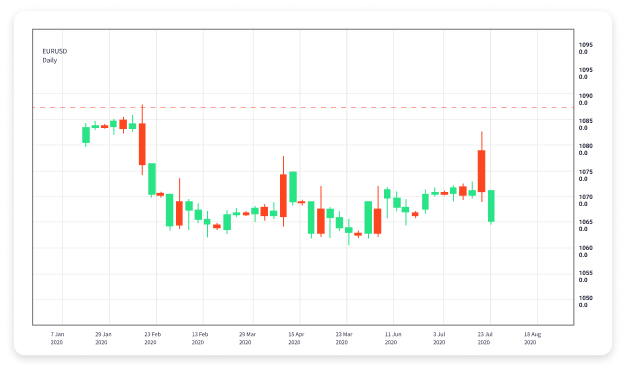
What is Forex Trading?
Forex trading, also known as foreign exchange trading, involves the buying and selling of currencies on a global market. It operates 24 hours a day, five days a week, allowing traders to engage in speculative activities across various time zones. With a daily volume that often exceeds $6 trillion, the forex market is the largest and one of the most liquid markets in the world.
You can learn more about forex trading at what is forex trading https://acev.io/.
How Forex Trading Works
At its core, forex trading is about exchanging one currency for another in an attempt to profit from fluctuations in their values. For instance, if a trader believes that the Euro will increase in value compared to the US Dollar, they would buy Euros and sell Dollars. Conversely, if they expect the Euro to fall, they would sell Euros and buy Dollars. The difference between the buying and selling prices is called the “spread,” and it’s where brokers make their money.
The Currency Pairs in Forex Trading
Currencies are traded in pairs, which denote the value of one currency in relation to another. The first currency in the pair is called the “base currency,” and the second is known as the “quote currency.” For example, in the EUR/USD pair, the Euro is the base currency, and the US Dollar is the quote currency. If the price of this pair is 1.20, it means that 1 Euro can be exchanged for 1.20 US Dollars. In forex trading, understanding currency pairs and their dynamics is crucial for making informed trading decisions.
Types of Forex Market Participants
Various participants engage in the forex market, including:
- Central Banks: These institutions manage country monetary policy and influence currency values.
- Commercial Banks: Banks facilitate currency transactions and manage accounts for their clients.
- Corporations: Businesses that operate internationally engage in forex trading to hedge against currency risk.
- Retail Traders: Individual investors who trade currencies for profit, often using online trading platforms.
- Hedge Funds: Investment funds that employ trading strategies to generate high returns, often involving high leverage.

Benefits of Forex Trading
Forex trading offers several advantages for traders:
- High Liquidity: With millions of traders participating globally, there is always a market for buying and selling currencies.
- Leverage: Forex brokers often offer leverage, allowing traders to control larger positions with a relatively small amount of capital.
- 24-Hour Market: The forex market operates 24 hours a day, providing traders with the opportunity to profit from market movements at any time.
- Low Transaction Costs: The cost of trading in forex is generally lower than in other markets due to narrow spreads.
Risks of Forex Trading
Despite the benefits, forex trading is not without its risks. Traders must be aware of potential downsides, including:
- High Volatility: Currency prices can change rapidly, resulting in substantial gains and losses.
- Leverage Risk: While leverage can amplify profits, it can also amplify losses, leading to a margin call or significant financial loss.
- Market Manipulation: Due to the decentralized nature of the market, it can be susceptible to manipulation by large players.
- Lack of Regulation: The forex market is less regulated than other financial markets, which can expose traders to scams and unethical practices.
How to Get Started with Forex Trading
For those interested in venturing into forex trading, here are some steps to consider:
- Educate Yourself: Understand the basics of forex trading, including terminology, strategies, and market analysis.
- Choose a Reliable Broker: Research and select a reputable forex broker that meets your trading needs and offers a user-friendly platform.
- Practice with a Demo Account: Many brokers provide a demo account where you can practice trading with virtual money before risking real funds.
- Develop a Trading Plan: Establish clear goals, risk management strategies, and trading rules to guide your decisions.
- Start Trading with Real Money: Once you feel confident, you can start trading with actual funds, beginning with a small amount to minimize risk.
Conclusion
Forex trading can be an exciting and potentially profitable venture for those willing to invest the time to learn and develop their skills. While the allure of high rewards is evident, it is essential to approach the market with caution, employing risk management strategies and remaining informed about market conditions. Whether you are looking to trade full-time or dabble as a part-time trader, understanding the fundamentals of the forex market is key to your success.
